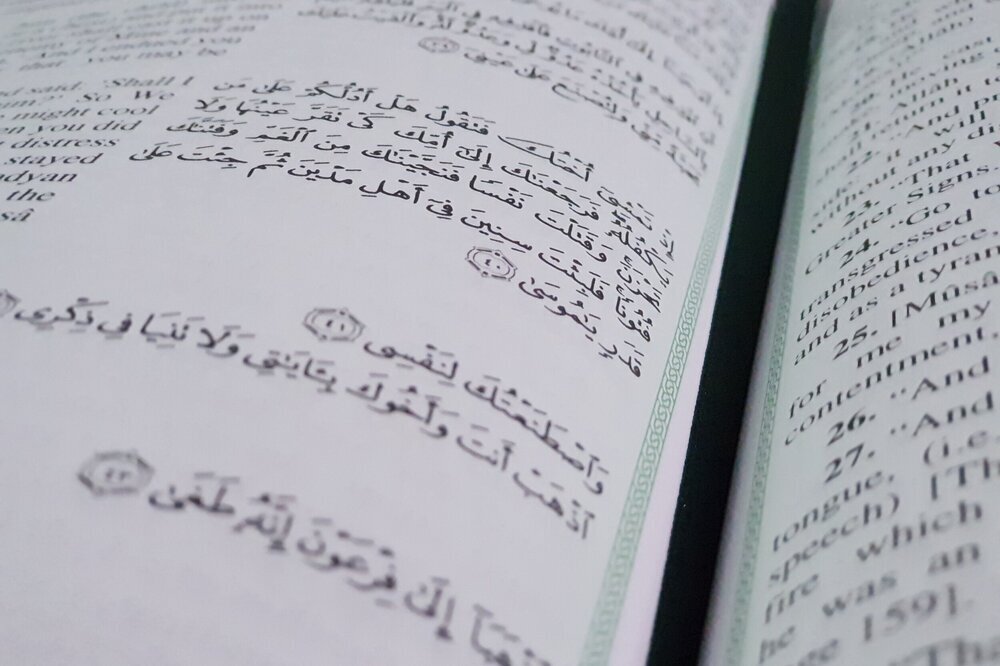
Subject Advice Guide
Arabic
Overview
Arabic is one of the options in the Oxford Middle Eastern Languages course, the other options being Turkish, Hebrew and Persian. Studying Arabic allows you the chance to become immersed in the history, culture, language and literature of Arab countries while getting to study the basics of Islamic religion and theology. Not only are you taught Arabic from scratch in your first year (no prior experience necessary!), the study of literature and society (history, theology and philosophy) also plays an important role and provides an enriching experience to attain new insights and perspectives of the Arab world. You have weekly language classes and a year abroad, either in Jordan or Tunisia, allowing you to attain a high level of language while the cultural experiences from the year abroad and the academic study of culture allow you to gain a nuanced understanding of Arab and Islamic culture across time. You will love this course if you enjoy thinking critically about literature or have an interest in the development of the Arab and the Islamic world.
Choosing Your Course
You can study Arabic in the following ways:
Study Arabic and Islamic Studies in your first 2 years, with the ability to pick a subsidiary language in your 3rd year (Turkish/Persian/Hebrew/Hindi/Urdu)
As a joint degree in Oriental studies, combined with Egyptology and Ancient Near Eastern Studies/Hebrew/Persian or Turkish.
As a joint degree with Classics.
As part of the European and Middle Eastern Languages (EMEL) course, with post A level German, French, Spanish, Italian, Russian, Portuguese, Czech etc.
Career Prospects
Teaching and translation are not the only things languages are good for! You will be recognised for your skill in multilingual communication, the ability to analyse large amounts of information quickly and the experience gained from your year abroad. As the modules are studied very in-depth, you will also be well prepared to pursue further study and a career in academia. But other popular career options include journalism, working in the Civil Service, international business, marketing, law and much more!
What to Expect
Year 1: You will jump right into learning MSA (standard Arabic), be introduced to core grammar concepts and begin basic speaking, listening, reading and writing through classes and tutorials.
Year 2: Year Abroad! You get to study Arabic at one of 3 institutes in Amman, Jordan or Tunis, Tunisia. This is the chance to engage with a new culture, make new friends and grow your confidence in Arabic, socially and linguistically. Also, it’s a great chance to learn an Arabic dialect!
Year 3: Continuation of weekly language classes but you get to choose specific modules (e.g. History, Religion, Gender studies, Art and Architecture) to focus on! You also get essays, lecture series and reading seminars on these topics. This is a good time to consider what you want to focus on in your bridging essay.
Year 4: The final year – continuation from 3rd year with additional language classes to prepare for the language exams. The bridging essay (a 10000-word essay that “bridges” your two subjects together)/dissertation is also due this year.
Course Structure
Year 1: Usually consists of 2 hours of language class a day, from listening to speaking, using textbooks and print media and there’s additional classes according to your degree structure.
Year 2: Spend a minimum of 24 weeks at the chosen institutes in Amman or Tunis.
Year 3: Choose what topics you want to be examined on, other than the core papers (Language, Literature and Religion, History as well, if you study a degree within Oriental Studies)
Final year: Continuation of options chosen in 3rd year, completion of bridging essay/dissertation, with written exams and an oral exam at the end of the year.
Recommended Reading
Book Recommendations:
Classical Poems by Arab Women, Abdullah Al Udari
The Quran, (In English and Arabic)
Hugh Kennedy. The Prophet and the Age of the Caliphates. Third edition. London: Routledge, 2015;
Cook, ed., The New Cambridge History of Islam, 2010
1001 Nights – Arabian tales (try to find a more academic translation, rather than the editions made for children. They change quite a lot and skip a lot of detail!)
Ernst, Carl W. The Shambhala Guide to Sufism. Boston, Mass.: Shambhala, 1997.
(Check out the Course Handbook in the Oriental Studies handbook to find more detailed reading lists according to each subject e.g. Sufism, Hadith, classical Arabic, gender and space) from page 75 onwards of the 2019-20 handbook!)
Videos and Podcasts, Other Content:
This really depends on what you are interested in! Arabic at Oxford is a very broad and in-depth degree, and so you should explore the topics and find out what it is that makes you interested, and then seek out content related to them.
For example, if you are interested in Islamic history, you could check out podcasts on the Ottoman Empire or documentaries about the rise of the Caliphates – what were the different dynasties like? Why and how did they end? What’s the difference between the Abbasids and Umayyads?
If you want to know more about Arabic literature, it’s worth reading the 1001 Nights to get a taste for Arabic storytelling. Otherwise, you can watch interviews with famous modern writers, such as Naguib Mahfouz and Khalil Gibran! All the modern authors you will study are in the course handbook!
If you want to focus on the language, don’t worry! You get plenty of language study in this degree. It will be helpful to learn the Arabic alphabet itself first though.
If you are interested in religion, there are many podcasts/documentaries about the development of the Islamic schools of law, or about Sufism! Please keep in mind who creates this content though – it could be biased!
In general, it is important to keep up to date with Middle Eastern affairs as well.
